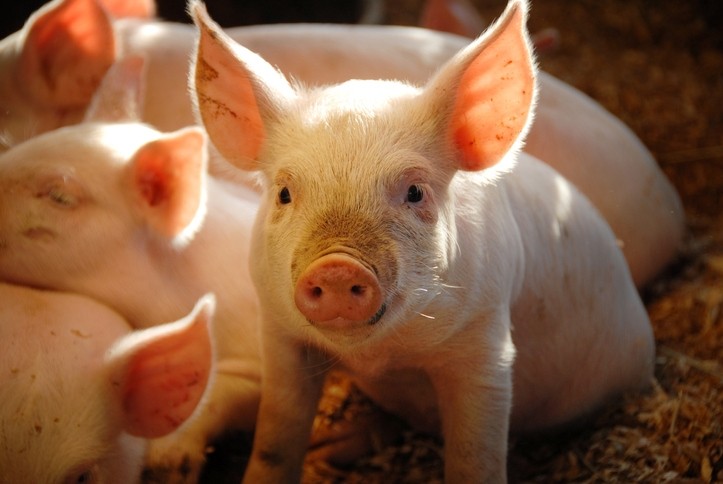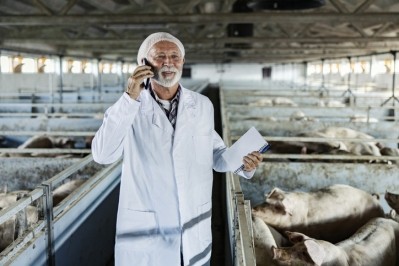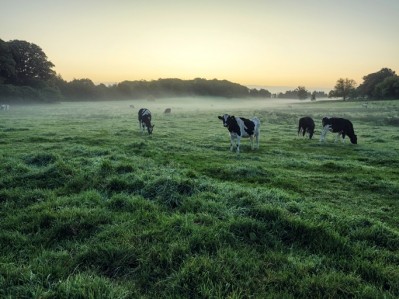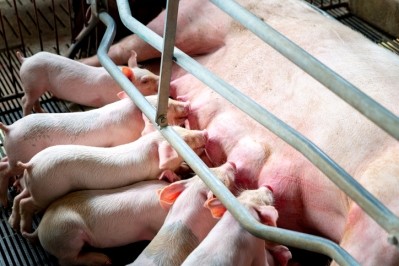NI experts show the way to optimize the potential of smaller piglets

Researchers attached to the AFBI have been working on a project over the past four years aimed at overcoming the hurdles posed by small piglets. The work was co-funded by NI’s Department of Agriculture, Environment and Rural Affairs (DAERA) and producer funded body, Pig ReGen Ltd.
The trigger for the research was the challenge many farmers face in terms of the increasing number of small pigs born in large litters; the team set about identifying management and nutritional strategies that could boost the performance and welfare of small pigs.
The results have been compiled into technical reports and a series of eight presentations which can be viewed through AFBI’s YouTube channel.
Dr Samuel Hawe’s PhD work quantified the performance of piglets born with low birth weight on four Northern Irish farms. The study showed that piglets born with low birth weight (<1.0 kg of live weight) were almost 10 kg lighter at slaughter than their counterparts, and that most of the mortality among low birth weight piglets occurred pre-weaning, suggesting that improving lactation nutrition should be a primary focus of intervention.
In addition, the study found that during the nursery stage the difference between low birth weight piglets and their heavier counterparts was bigger than in any other stage. This finding suggests that nursery stage should be the target stage in order to improve low birth weight piglet performance.
Increasing sow lactation feed intake
Another piece of research assessed the benefits of increasing sow lactation feed intake on the pre-weaning growth rate of the litter.
The study showed that sows in Northern Ireland have the capacity to reach average feed intakes of 8.6 kg/day (peak daily intake of 11kg), 2 kg above the national average. In addition, the increased feed intake by the sows resulted in low birth weight piglets reaching weaning weights of around 7.9 kg, similar to their counterparts from sows with a national average feed intake.
Introduction of diets based on pig body weight
An additional study focused on tailored post-weaning feeding regime for low birthweight pigs followed animals from weaning to finish. Two different post-weaning feeding regimes for low birth weight piglets were compared.
The conventional regime, in which post-weaning diets are introduced to pigs based on age was compared with a tailored regime, where post-weaning diets were introduced to pigs based on their body weight, allowing the animal to reach the necessary development before being fed a lower quality diet. That work found that the positive impact of higher lactation intake by the sows on piglets’ weaning weight was not maintained post-weaning, highlighting the need to introduce further measures post-weaning. Secondly, the research found that allowing the pigs to reach a desired body weight before introducing a new diet resulted in improved performance of small pigs.
The researchers said that grouping pigs in pens by body weight and allowing the smaller ones extra time to reach the target weight before introducing the next diet could be a simple solution.
Dr Ramon Muns, head of the monogastric research group in AFBI, said: “In most of the cases, farmers know that better nutrition and better feeding management will improve the performance of their pigs and especially of the smaller ones. However, farmers are constrained by workforce, time and production costs. Hopefully, the results reported in this series of presentations will help farmers target their efforts in such a way that maximizes the return on investment. If you can afford to introduce higher specification diets for your small piglets but not across all the rearing process, focus on the nursery stage. If it is not possible to introduce extra or higher specification diets, work with the same ones you have but don’t follow blindly a set allowance or calendar, look at the animals before changing diets, make sure they all have reached the desirable weight before introducing the next diet.”








